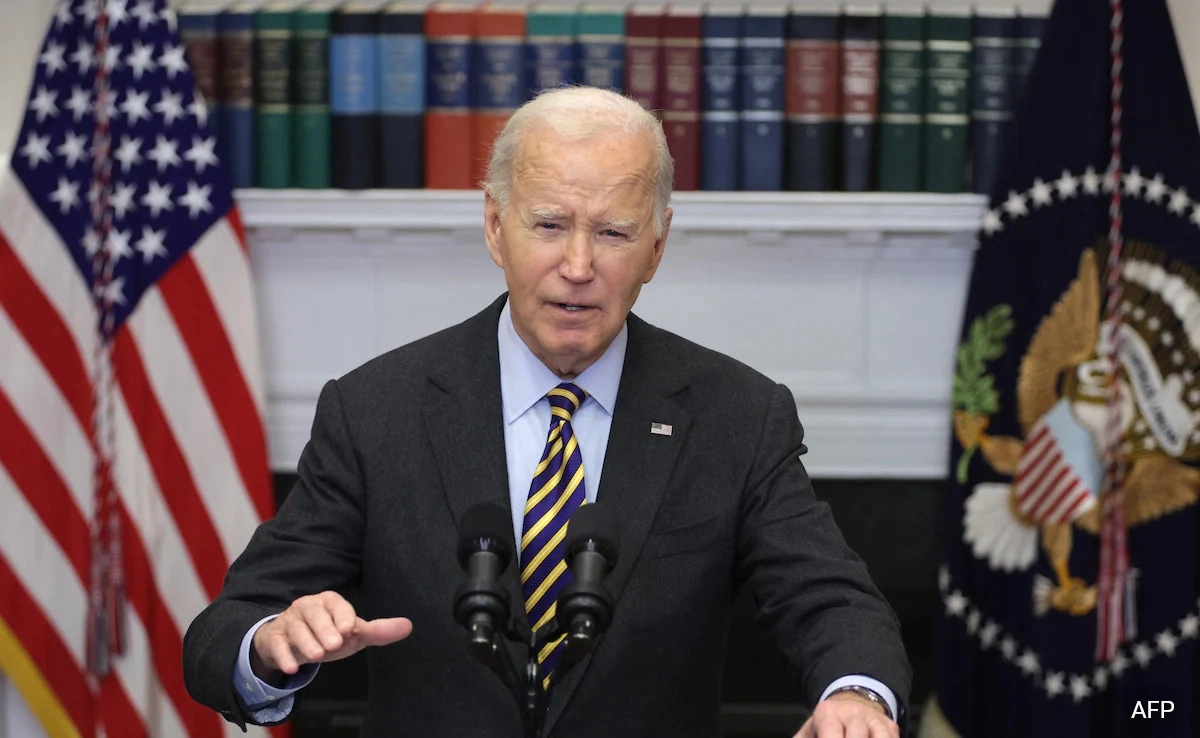In recent years, the global trade landscape has been significantly influenced by the actions and policies of various nations, particularly the United States under the Trump administration. The debate surrounding trade deals versus the World Trade Organization (WTO) has gained prominence, raising questions about the future of multilateral trade agreements and the role of established institutions in governing international commerce. Critics argue that Trump’s approach, characterized by a preference for bilateral trade deals, may be undermining the WTO’s effectiveness and legitimacy. This shift towards unilateralism could lead to a fragmented global trading system, where countries prioritize their interests over collective agreements.
The WTO was established to facilitate smooth and fair trade between nations, providing a framework for resolving disputes and setting rules for international commerce. However, the Trump administration’s skepticism towards multilateral institutions has sparked concerns about the potential erosion of the WTO’s authority. By favoring one-on-one negotiations, the U.S. risks sidelining the principles of cooperation and compromise that underpin the WTO. This trend could accelerate the decline of the organization, as countries may find themselves compelled to engage in more protectionist measures in response to perceived threats from others.
Moreover, the implications of this shift extend beyond trade relations, affecting global economic stability and cooperation. A fragmented trading system could lead to increased tariffs and trade barriers, disrupting supply chains and raising costs for consumers. As nations become more inward-looking, the potential for conflicts and retaliatory measures also rises, jeopardizing the collaborative spirit that has characterized international trade for decades. The question remains whether the U.S. can balance its national interests with the necessity of maintaining a robust and effective WTO, or if it will continue down a path that hastens the organization’s decline. Ultimately, the future of global trade depends on the ability of nations to navigate these complexities and work together to uphold the principles that have fostered economic growth and stability worldwide.




